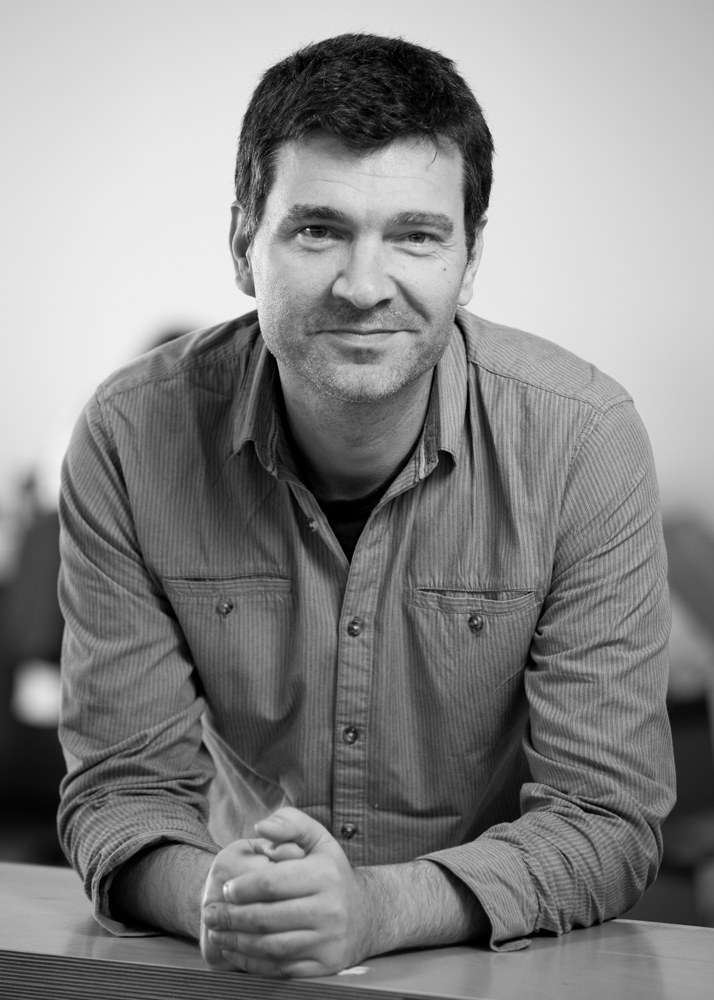
Dr Philip Taylor is a freelance French to English Translator based in Fumbally Exchange in Dublin city.
"I have been working as a freelance French to English translator for over ten years, mainly dealing with legal, business and tourism documents for agencies and private customers all over the French-speaking world.
My ultimate ambition is to break into literary translation, and I'm currently working (very, very slowly) on the first English-language version of an unjustly forgotten nineteenth-century French novel."
What is the best thing about working in Fumbally?
Quite simply, being around other people, rather than working alone at home. Homeworking may seem ideal, especially to those who’ve never tried it, but isolation can certainly be a factor, especially in the long term. The Fumbally Exchange office provides the perfect mix of a communal setting, where you can have as much or as little interaction with others as you like, and a professional working atmosphere, which definitely helps me to be more productive than I would be at home.
What advice would you give someone who wanted to start up on their own?
Make sure you do your research in advance. If possible, do some kind of course on being self-employed or running your own business. I was able to do one through FÁS years ago, just before starting out as a full-time freelance translator, and it made a lot of difference.
What was the hardest part about setting up on your own?
For me, the hardest part was probably all the administrative formalities of registering as self-employed, learning to draw up invoices, keep accounting records, that side of things. Again, the course I did was a great help, and I was able to ask other translators questions via various networks, including the Irish Translators’ and Interpreters’ Association, which I joined at an early stage. For anyone starting out, online networks are obviously an invaluable source of information, and if there’s a professional association with affordable membership in your area of activity, it’s probably worth joining as soon as possible.
What was the biggest thing you've learned so far?
How to say no to work sometimes. It took me many years to learn this skill, and I still haven’t quite perfected it. It can take a long time to feel secure enough in terms of future work to turn down anything, no matter how tight the deadline and how heavy your existing workload. The closer you can get to working seven or eight hours a day, and no more, the more productive you’ll probably be in the long term. That’s certainly been my experience anyway.
What is your favourite part of the job?
I enjoy the whole process, which I feel very fortunate about, but my favourite part is probably the final phase of a large project, the last proofreading, when it all comes together (hopefully) as I fine-tune the final version and iron out any remaining uncertainties in the text.
What do you do to treat yourself?
Anything not work-related is a treat for me. In theory I enjoy photography, reading (preferably not in French and not on a screen), and walking, but in reality most of my time out of the office is taken up with my two young children, who keep me endlessly amused and help me feel a million miles away from the world of work.
Interview by Melissa Doran, GoRadiate.ie
Related: Fumbally Focus with Dáibhi Mac Domhnaill of Áit Urbanism and Landscape